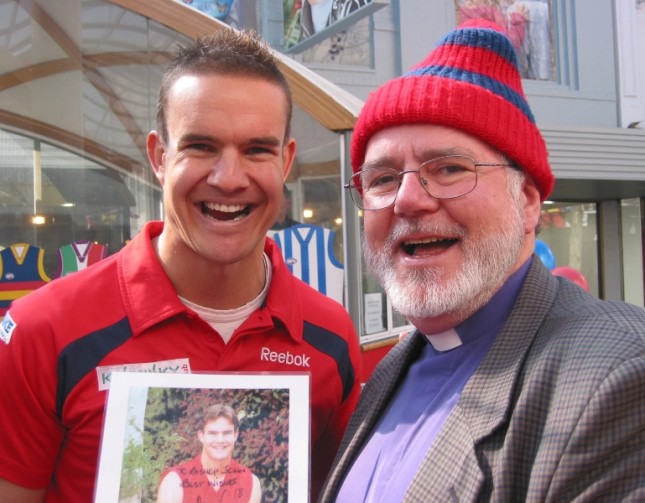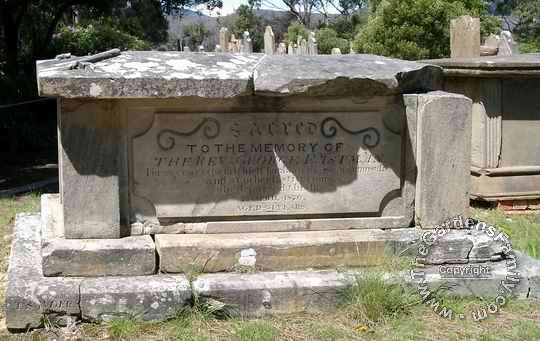What will you be doing on the 9th anniversary of the destruction of the Twin Towers by Islamic extremists?
I will be giving a seminar ‘Understanding our Muslim Neighbours’.
Sadly, an extremist group plans on burning a Koran – this is totally unacceptable.
Reverend Terry Jones (a pastor from Florida) created an international firestorm as he is planning a Koran-burning event.
The controversial pastor has comes under heavy criticism throughout the world after he announced plans to burn hundreds of Korans this Saturday to commemorate the ninth anniversary of the September 11 terrorist attacks on the World Trade Center. The mass burning is scheduled to take place at Jones’ congregation, the Dove World Outreach Center in Gainesville, Florida.
“As of this time we have no intention of canceling,” said a defiant Jones. “We are not convinced that backing down is the right thing.” he added that the burning was meant as an act to “stand up and confront terrorism.”
The hate-filled plans have been condemned by several international leaders, including General David Petraeus, the top U.S. commander in Afghanistan, who said that the event would provide propaganda for insurgents and endanger U.S. and NATO troops on the ground. Secretary of State Hillary Clinton said yesterday that burning the holy book would be “disgraceful,” while U.N. chief Ban Ki-Moon said he was “deeply disturbed” by the news. The Vatican chimed in Wednesday as well, saying that the burning would be “an outrageous and grave gesture.”
See the rest of the article, Reverend refuses to cancel Koran burning, here
Jesus tells us that we are to love one another; sadly this act is one of hate. Please pray with me that this Pastor will not go ahead with what is a truly sad and disgraceful display.
Detailed commentary from Mark Durie, here, and a statement from Barnabas Fund, here.



